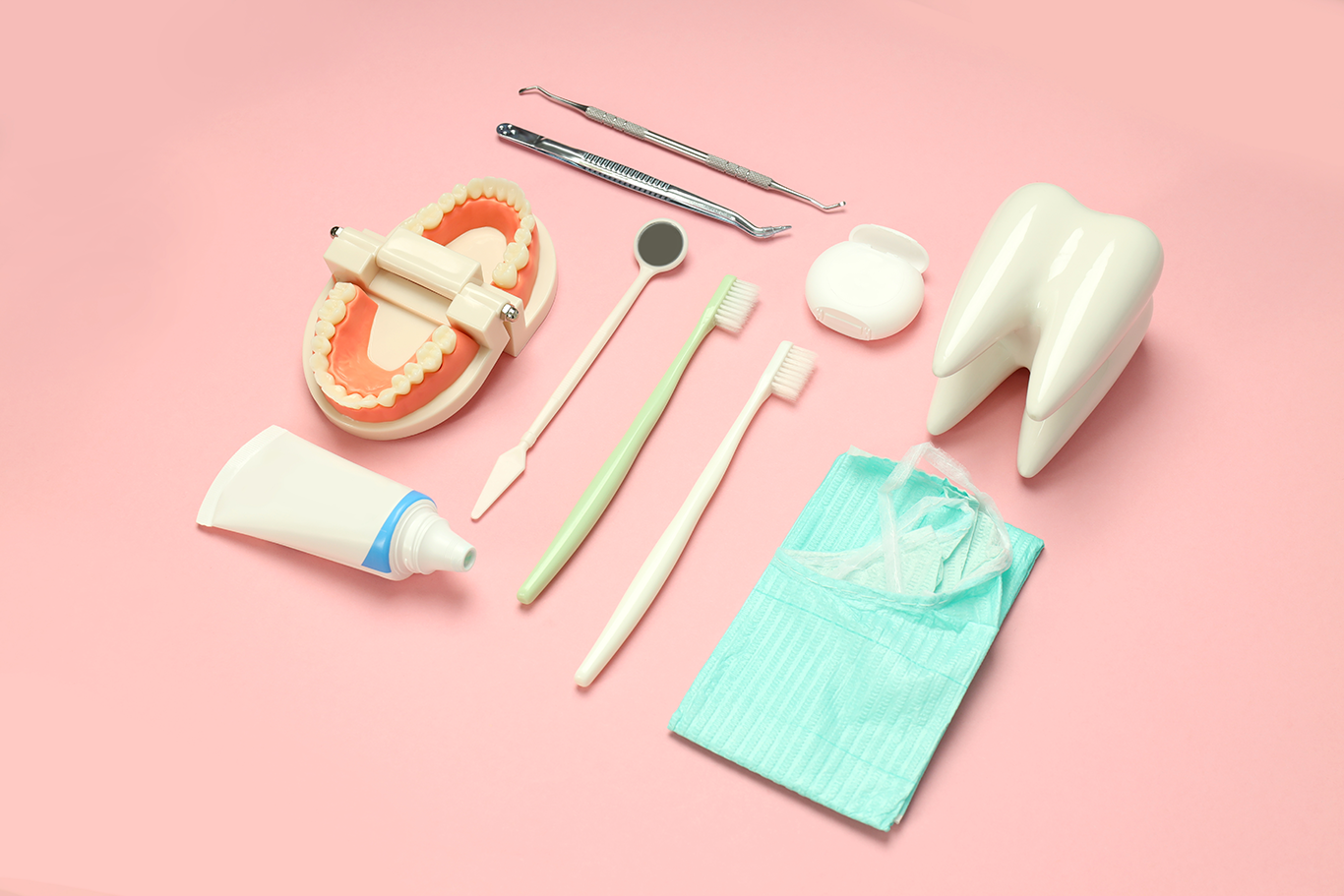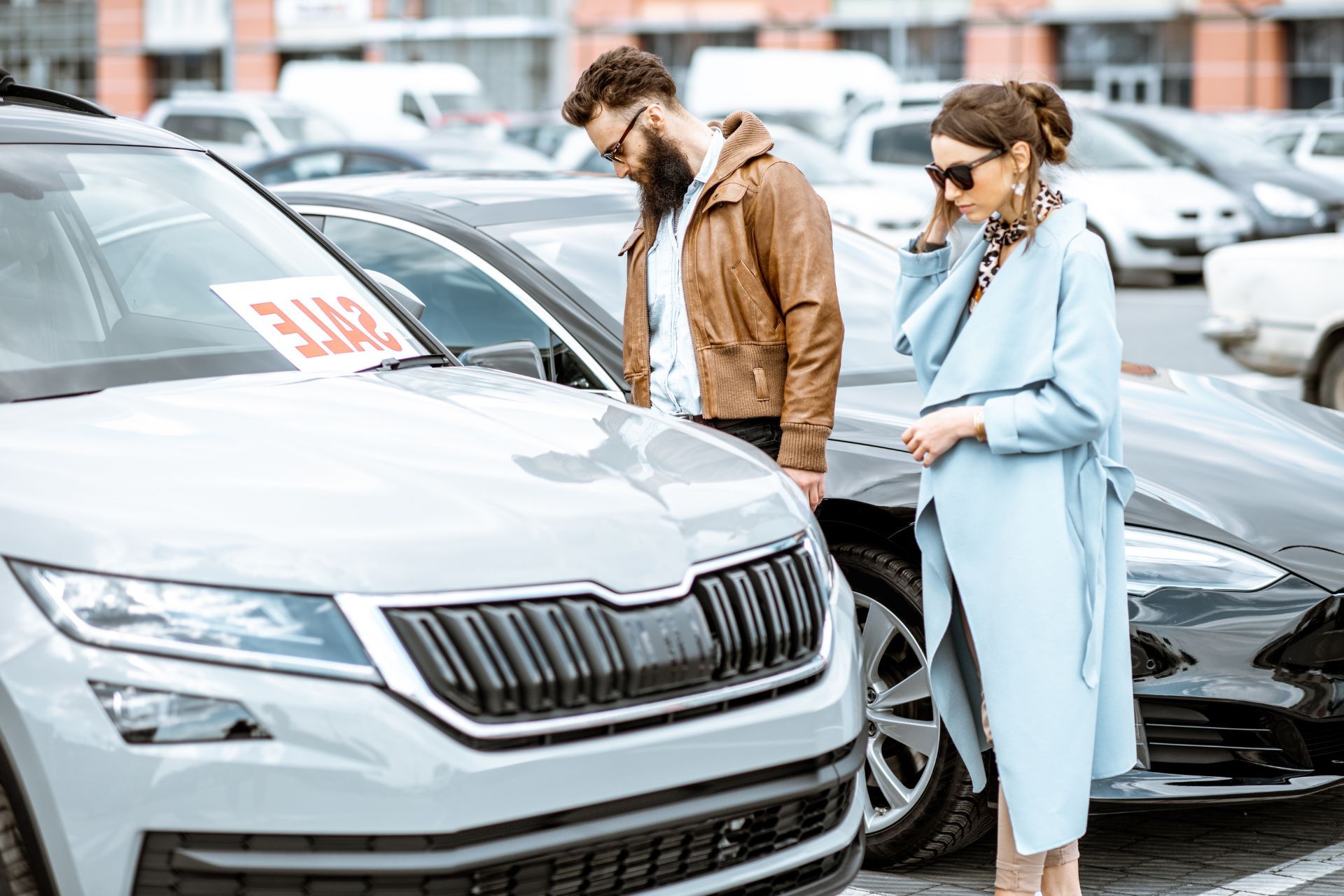Colorado’s wine industry is a dynamic and rapidly evolving sector, contributing nearly $5.72 billion in total economic activity as of 2025. This impressive figure reflects not only the state's thriving vineyards and wineries but also the growing number of wine bars and related businesses that cater to a passionate consumer base. For owners and operators of wine bars in Colorado, understanding the right insurance coverage is critical to protect their investments and navigate the unique risks of this industry.
With Colorado wine consumers drinking about 3.1 gallons per capita annually—24% above the national average—wine bars are positioned to capitalize on a robust local demand. However, recent shifts in the retail landscape, including the closure of many liquor stores following the 2022 referendum allowing wine and beer sales in grocery stores, have created new challenges and opportunities for wine bar operators. This article explores the essential insurance coverages every Colorado wine bar should consider to safeguard their business and thrive in this competitive environment.
For a deeper look at the economic impact of Colorado’s wine industry, see the
WineAmerica's 2025 Economic Impact Study.
Understanding the Colorado Wine Bar Landscape
The Colorado wine bar market is shaped by several key trends. Over the past two decades, the wine industry in Colorado has experienced an average annual growth rate of 16%, a remarkable pace that underscores the sector’s vitality. This growth is fueled by both local production and a consumer base eager to explore diverse wine offerings. The state has become a notable player in the national wine scene, with vineyards and wineries dotting the picturesque landscapes of the Western Slope and the Front Range. With a climate that supports a variety of grape varietals, Colorado has carved out a niche for itself, producing everything from robust reds to crisp whites and even unique blends that reflect the terroir of the region.
Despite this growth, recent data shows a 16% decline in wine sales volume during the first half of 2024 compared to the previous year. This dip reflects increased competition from grocery stores now selling wine and beer, a change brought about by the 2022 referendum. Many traditional liquor stores have closed, reshaping the retail environment and forcing wine bars to adapt their business models to maintain customer loyalty and revenue streams. In response, some wine bars are innovating by offering curated tasting experiences, wine education classes, and exclusive events that highlight local wineries, thereby creating a unique atmosphere that grocery stores cannot replicate. This pivot not only enhances customer engagement but also fosters a sense of community among wine enthusiasts.
Wine bars in Colorado must navigate this shifting landscape while managing risks unique to their operations. These include liquor liability concerns, property risks, and the challenges of maintaining a welcoming, safe environment for patrons. Additionally, the rise of online wine sales and delivery services has introduced new competition, compelling wine bars to leverage technology for marketing and customer outreach. Many establishments are now utilizing social media platforms to showcase their offerings, share stories about local producers, and engage with their clientele through interactive content. This digital presence not only helps in attracting new customers but also strengthens the loyalty of existing ones, ensuring that wine bars remain a vital part of the local culture.
More on the impact of grocery store wine sales on liquor stores can be found at
Axios.


Contact Us
Phone
Location
Key Insurance Coverages for Colorado Wine Bars
Running a wine bar involves a variety of risks that require comprehensive insurance coverage. The following are the most critical types of insurance that wine bar owners should consider.
General Liability Insurance
This coverage protects against third-party claims of bodily injury or property damage. For wine bars, this could include incidents such as a customer slipping and falling on the premises or damage caused to a neighboring property. Given the nature of the business, where patrons consume alcohol, general liability is a foundational coverage to mitigate everyday risks. Additionally, it can cover legal fees and settlements, which can be substantial, especially in a litigious environment. Wine bar owners should also consider the importance of maintaining a safe environment, including proper training for staff on how to handle spills and ensure that walkways are clear of obstacles.
Liquor Liability Insurance
Liquor liability is essential for any business serving alcohol. It covers claims related to damages or injuries caused by intoxicated patrons who were served at the wine bar. Colorado’s legal environment holds establishments responsible for over-serving, so this coverage can protect against costly lawsuits and settlements. Furthermore, wine bar owners should implement responsible serving practices and staff training programs to minimize risks associated with alcohol service. This proactive approach not only helps in reducing claims but also enhances the establishment's reputation among patrons and the community.
Property Insurance
Wine bars often invest heavily in their physical spaces, including décor, furniture, wine inventory, and specialized equipment like refrigeration units. Property insurance covers damage or loss due to fire, theft, vandalism, and natural disasters. Given Colorado’s varied climate and occasional severe weather, this coverage is vital to protect the business’s assets. Additionally, wine bars may want to consider adding coverage for specific items such as rare wine collections or high-end glassware, which can be significant investments. Regular inventory assessments can help ensure that the coverage limits are adequate to reflect the true value of the assets.
Business Interruption Insurance
If a covered event forces a wine bar to close temporarily, business interruption insurance helps cover lost income and ongoing expenses. This can be crucial in maintaining financial stability during unexpected closures, such as those caused by natural disasters or other covered perils. Wine bar owners should also evaluate their financial projections to determine the appropriate coverage amount, ensuring that they can sustain operations during downtime. Additionally, having a clear emergency response plan can help mitigate the duration of interruptions and facilitate a quicker return to business.
Workers’ Compensation Insurance
For wine bars with employees, workers’ compensation insurance is required by law in Colorado. It covers medical expenses and lost wages for employees injured on the job, helping protect both staff and the business from financial strain. Beyond compliance, this coverage fosters a safer workplace culture, encouraging employees to report injuries and prioritize safety. Wine bar owners might also consider implementing safety training and wellness programs to further reduce workplace injuries and claims, ultimately benefiting both employees and the business’s bottom line.
Cyber Liability Insurance
Many wine bars now utilize digital payment systems, online reservations, and customer databases. Cyber liability insurance covers losses related to data breaches, cyber-attacks, and other technology-related risks, which are increasingly relevant in today’s connected business environment. As wine bars collect sensitive customer information, including payment details and personal preferences, the potential for cyber threats grows. Implementing robust cybersecurity measures, such as encryption and regular software updates, can complement this insurance and help protect against data breaches, thereby safeguarding both the business and its clientele.
Special Considerations for Colorado Wine Bars
Operating a wine bar in Colorado involves unique factors that should influence insurance decisions.
Local Regulations and Licensing
Colorado has specific licensing requirements for establishments that sell alcohol, including wine bars. Compliance with state and local regulations is essential to avoid fines and license revocation. Insurance providers often require proof of proper licensing and may offer risk management advice tailored to these regulations. Additionally, understanding the nuances of local ordinances, such as those governing outdoor seating or special events, can further enhance a wine bar's operational strategy. Engaging with local regulatory bodies can provide valuable insights into upcoming changes in legislation that could impact business operations.
Seasonal and Tourism Impact
Colorado’s wine industry benefits from agritourism, drawing visitors to wine bars and tasting rooms especially during peak seasons. This influx can increase foot traffic and sales but also raises the potential for accidents or liability claims. Insurance policies should account for fluctuations in business volume and associated risks. Furthermore, wine bars can capitalize on seasonal trends by hosting themed events, such as harvest festivals or holiday wine tastings, which not only enhance customer experience but also create additional revenue streams. Collaborating with local wineries for special events can further attract tourists and locals alike, creating a vibrant community hub.
Economic Trends and Market Shifts
The Colorado wine industry’s economic impact grew significantly from 2022 to 2025, highlighting its value to the state’s economy. However, wine bars face competition not only from other hospitality venues but also from grocery stores now authorized to sell wine and beer. This shift requires wine bars to innovate and possibly adjust their coverage needs to reflect changes in inventory, sales channels, and customer engagement strategies. Emphasizing unique offerings, such as exclusive wine selections or educational tastings, can help differentiate a wine bar from retail competitors. Additionally, leveraging digital marketing strategies and social media can enhance visibility and attract a broader audience, ensuring that wine bars remain a preferred destination for both locals and tourists.
For insights into the industry’s economic growth, see the
Colorado Association for Viticulture and Enology.
Managing Risk in a Competitive Market
Wine bars must be proactive in managing risks to maintain profitability and reputation. Beyond insurance, effective risk management includes staff training, security measures, and clear policies on alcohol service. In an industry where customer experience is paramount, understanding and mitigating risks can also enhance the overall atmosphere, making patrons feel safe and valued.
Staff Training and Responsible Serving
Training staff to recognize signs of intoxication and enforce responsible serving practices reduces the likelihood of liquor liability claims. Many insurance carriers offer discounts or incentives for businesses that implement certified training programs. Additionally, ongoing training sessions can keep staff updated on the latest regulations and best practices, fostering a culture of responsibility and awareness. This not only helps in compliance but also empowers employees to handle difficult situations confidently, ensuring that they can maintain a positive environment for all guests.
Security and Premises Safety
Maintaining a safe environment with adequate lighting, surveillance, and hazard mitigation helps prevent accidents and criminal activity. This not only protects patrons but can also lower insurance premiums by reducing risk exposure. Furthermore, employing trained security personnel during peak hours can deter unruly behavior and provide immediate assistance in case of emergencies. Regular safety audits and risk assessments can also identify potential vulnerabilities within the premises, allowing for timely interventions and upgrades to security measures.
Inventory Management
Wine inventory represents a significant investment. Proper storage, tracking, and loss prevention strategies minimize the risk of spoilage, theft, or damage. Insurance policies should be reviewed regularly to ensure adequate coverage for the full value of inventory. Implementing a robust inventory management system can streamline operations, providing real-time data on stock levels and reducing the chances of over-ordering or running out of popular selections. Additionally, establishing relationships with suppliers can lead to better terms and conditions, including return policies for unsold or damaged goods, further protecting the business's bottom line.

Insurance Cost Factors and Customization
Insurance premiums for wine bars vary based on multiple factors, including location, size, annual revenue, and claims history. Businesses in areas with higher tourist traffic or those hosting frequent events may face higher premiums due to increased risk exposure.
Customizing insurance policies to fit the specific needs of a wine bar can optimize coverage and cost. For example, bundling general liability and liquor liability or adding endorsements for special events can provide comprehensive protection without unnecessary expense.
The Beer, Wine & Liquor Stores industry in Colorado is forecasted to grow annually by 1.9% to reach $2.9 billion by 2025, reflecting steady market potential for wine bars that adapt effectively to changing conditions.
More details on industry growth projections are available from
IBISWorld.
Frequently Asked Questions
Q: What type of insurance is mandatory for wine bars in Colorado?
A: Workers’ compensation insurance is required if you have employees. Liquor liability insurance is highly recommended due to the risks associated with serving alcohol.
Q: How does the 2022 referendum affect wine bar insurance needs?
The referendum allowing wine sales in grocery stores has increased competition, which may impact sales volume and inventory management, influencing coverage needs for business interruption and property insurance.
Q: Can I get discounts on insurance by training my staff?
Yes. Many insurers offer premium discounts for businesses that implement responsible alcohol service training programs for their employees.
Q: Does business interruption insurance cover closures due to COVID-19?
Coverage depends on the policy terms. Some policies exclude pandemics, so it is important to review your policy carefully and discuss options with your insurer.
Q: How often should I review my wine bar insurance policies?
It is best to review your policies annually or whenever there are significant changes in your business operations, such as expansion or hosting special events.
Q: Is cyber liability insurance necessary for a small wine bar?
If you handle customer data or use digital payment systems, cyber liability insurance can protect against data breaches and cyber threats, which are increasingly common.
Final Thoughts on Protecting Your Colorado Wine Bar
Colorado’s wine bar industry is part of a flourishing sector that contributes billions to the state’s economy. While growth and consumer enthusiasm provide great opportunities, wine bars face unique risks that require thoughtful insurance coverage and risk management strategies. From liquor liability to property protection and cyber risks, a tailored insurance plan is essential for long-term success.
Staying informed about industry trends, regulatory changes, and evolving market dynamics will help wine bar owners make smart decisions about coverage. By investing in the right protections, Colorado wine bars can focus on delivering exceptional experiences to their customers while safeguarding their business against unexpected challenges.
Explore more about Colorado’s wineries and industry outlook at
IBISWorld’s Wineries Industry Report.
ABOUT THE AUTHOR:
JEFF MAGOON
I'm Jeff Magoon, Principal at Magoon Group Insurance Intelligence, helping Colorado businesses simplify risk, close coverage gaps, and get fast, strategic support for their insurance and growth needs.
Contact Us
Real Reviews from People We’ve Helped
Clients trust us because we make insurance simple, responsive, and effective. From complex business coverage to personal policies, Magoon Group delivers results with clarity and care.
Specialized Insurance
We understand the unique risks of different industries. Whether you’re managing people, property, or services, we deliver coverage that keeps you protected and compliant.
From general to specialty contractors, we provide coverage for job sites, tools, vehicles, and liability.
Protection for your inventory, property, and operations—whether you're selling, repairing, or leasing.
Coverage for malpractice, equipment, employees, and your professional reputation.

What You Should Know About Insurance
We get a lot of questions—and we’re happy to answer them. Here are a few we hear most often, with answers you can count on.
Helpful Insurance Tips & News
We post new articles that help you stay informed, avoid costly mistakes, and understand your coverage better.
Contact Us
Phone
Location







